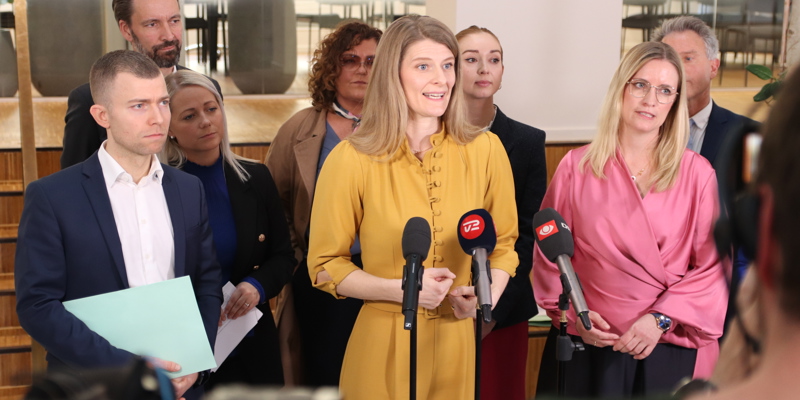The Coronavirus Crisis has resulted in CPH:DOX becoming one of the first international film festivals to go all-digital.
In a recent interview with the Danish Film Institute, the festival director Tine Fischer says the process was a bumpy road, but overall a success.
In record time they were able to find a solution to make the documentaries accessible online.
We are not cancelling, we are going digital
After the announcement of the government on March 11 regarding the lockdown and the restricted gatherings, the festival quickly said that their 700 screenings (220 films) would be cancelled.
Instead, they began working on a plan to take all the films into the digital realm –something that would have been unimaginable months ago.
“On the evening before the lockdown, we made a fundamental decision: the festival would not be shut down but be held digitally – not as a pale imitation of itself but with the same scope as the physical festival,” Fischer told DFI.
The first solution was to stream 40 films with their partner Festival Scope, but they still had to convince production companies and rights owners to allow the online streaming.
Although giants like Netflix have made online premieres seem normal these days, many are still defenders of the theatre culture, and fears remain that if their film only premieres online it could be lost in the cloud.
But, in light of the pandemic, it was this or nothing, and CPH:DOX managed to convince them.
Surviving the heavy traffic
With the approval on the table, CPH:DOX worked for four days to get everything ready to launch with 40 films on the intended start date, March 17. However, once they went live, challenges started arising.
“When we went online, there were a lot of problems with the platform because the traffic was so heavy. That was probably the worst night ever in my DOX life because we had been publicising the online edition and then immediately had problems with the streaming,” Fischer told DFI.
They quickly decided to try a new platform run by Shift72, a startup in New Zealand. The new streaming system was up and running in 18 hours – something that would normally take about four days. With Shift72 they were able to show up to 150 films, without compromising an overload of the system.
Saved from bankruptcy and transformed forever
The festival has been an all-out success. Extended until April 30, so far they’ve sold 65,000 tickets, and it has saved them from going completely bankrupt.
It is also estimated that at the end of the month they might beat the record of admissions from last year (114,000). By the 20th of this month, they had already notched up 113,000, based on a 1.7 audience member per view.
The digital screening of the festival has also expanded its audience. In previous years 90% percent of the audience were from Greater Copenhagen, but now figures reveal that 30 percent are coming from the rest of the country.
“CPH:DOX has been transformed forever. There is no doubt that we will exist both physically and digitally next year. The transformation process has shown that it is possible to go digital, and that this has enormous value, and so the role of festivals will change,” contended Fischer.
Is digital the future of film festivals?
CPH DOX learned the lesson and has certainly blazed the path for other festivals to go all-digital, as the crisis is preventing movie-goers from attending crowded theatres, not to mention the glamour of the red carpet.
Tribeca and YouTube announced recently that they are teaming up to offer a 10-day festival called ‘We Are One: A Global Film Festival’. It won’t be replacing the original Tribeca Film Festival, but it will be a global collaboration among many festivals of the world, as well as available to stream worldwide for free. Donations are welcomed and will be directed to the World Health Organization’s COVID-19 Solidarity Response Fund.
The festival kicks off on May 29. The program hasn’t been released yet. However, among the festivals participating will be Cannes, Berlin, Venice, Toronto, Sundance and San Sebastián.
















